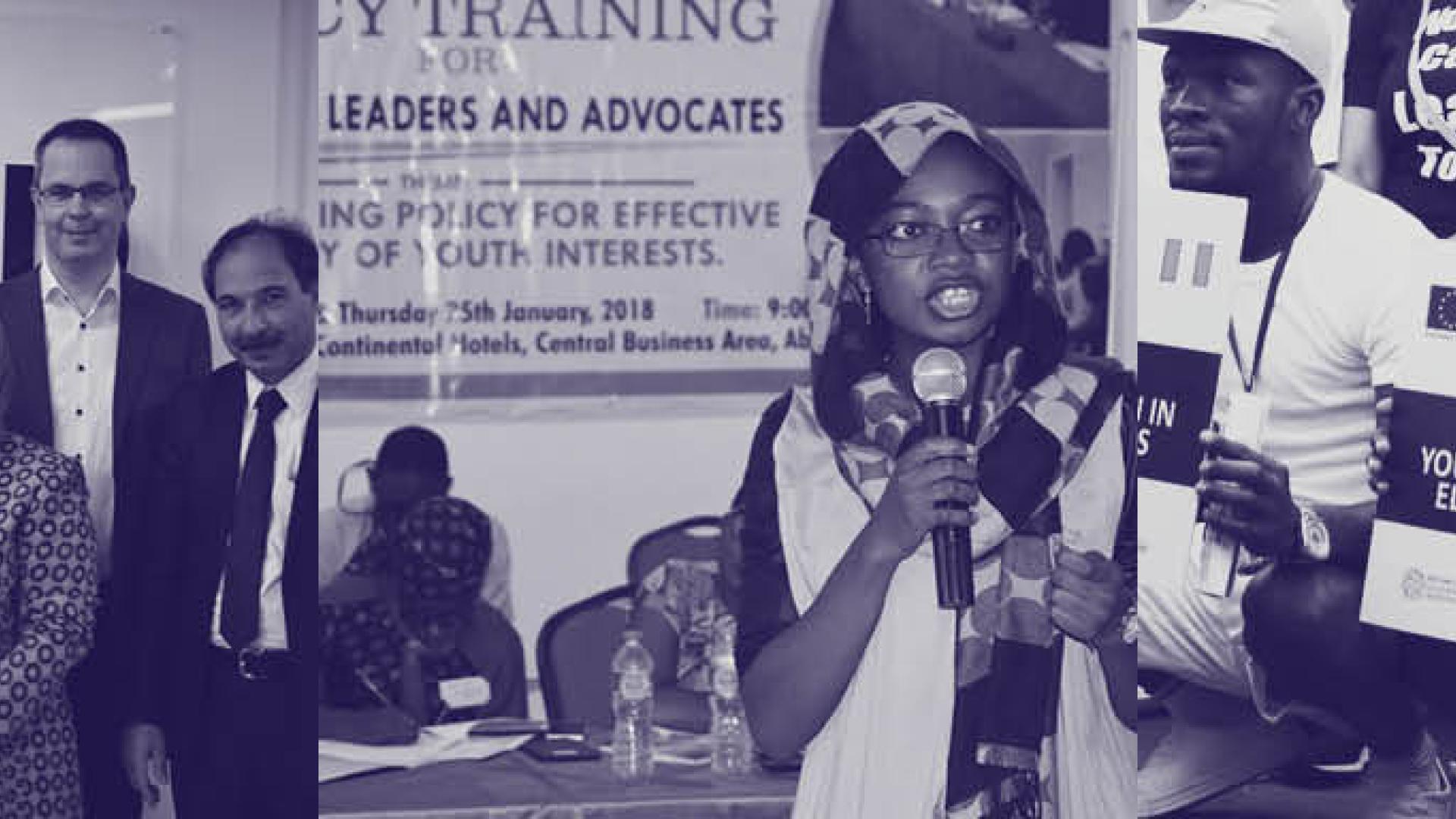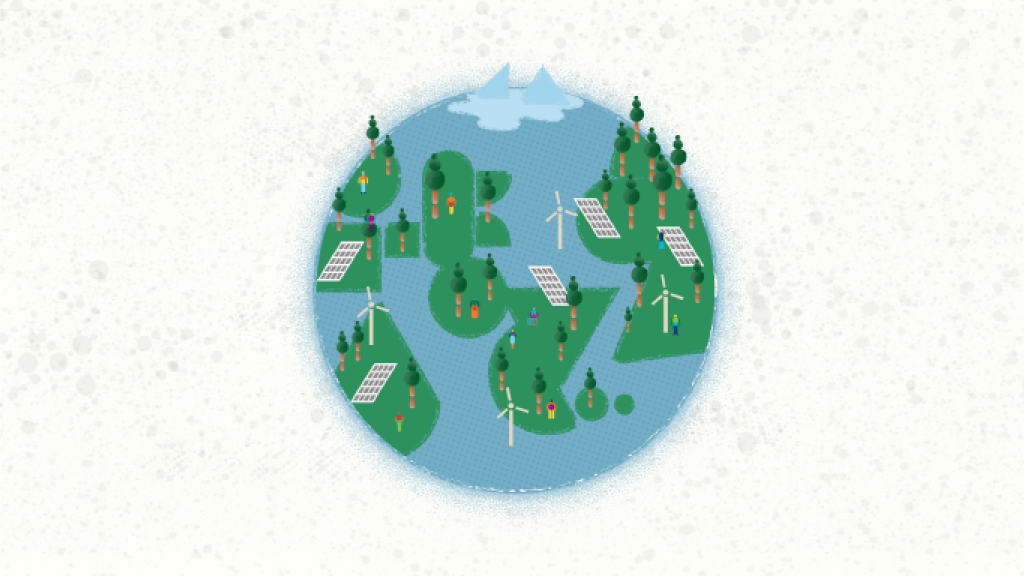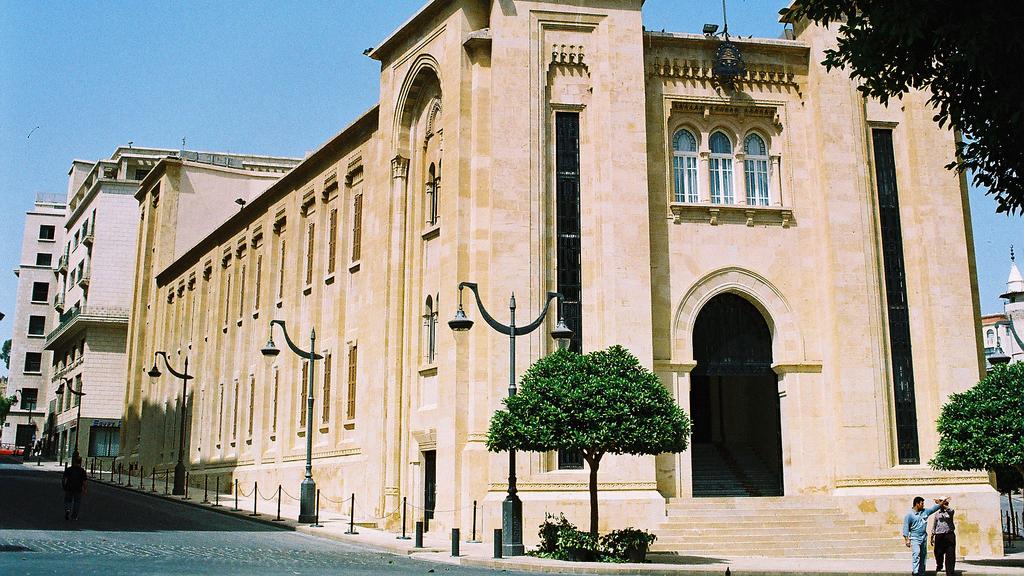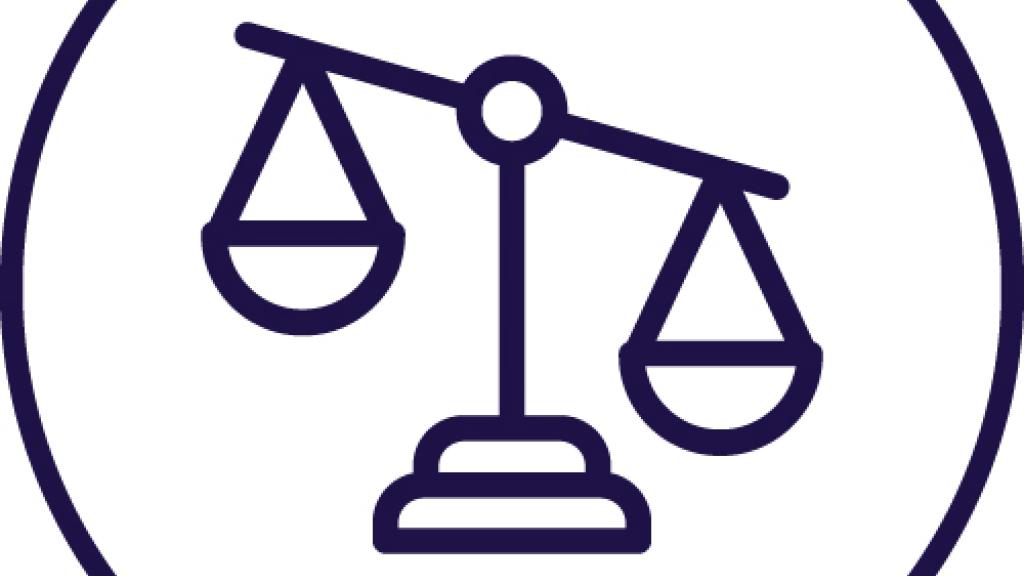Training Lebanese youth to advocate for improved oil and gas governance

Effective governance in the oil and gas sector is incredibly important in any country because of the possibilities of significantly detrimental environmental and social costs. Without the enforcement of appropriate rules and procedures, unnecessary pollution can occur, such as with high rates of methane leakage in the context of natural gas extraction and transportation. At the same time, political accountability is difficult to achieve due to the powerful financial leverage held by oil and gas companies which they can use to influence decision-making through both legal and illegal means. Corruption linked to the oil and gas sector can be a huge problem.
Lebanon receives a low score of 137 out of 198 on the 2019 Corruption Perceptions Index (CPI). There, the discovery of large quantities of natural gas in 2009 in the Eastern Mediterranean provided Lebanon with an opportunity to overcome its current economic crisis. However, as the world approaches the environmental summit COP26 in 2021, overproduction due to ineffective governance in fossil fuel exporting countries is a significant concern. What is more, poor governance may stop the population from receiving the full benefits of this economic opportunity, especially if corruption goes unchecked.
Corruption can be reduced through greater transparency, proper scrutiny, and a better technical understanding of the relevant industry under scrutiny. For example, a better understanding of the nature and impacts of different types of production can help civil society members to make better, more informed arguments for improved governance of the sector.
Between the 29 February and 7 March 2020, Westminster Foundation for Democracy (WFD) ran a number of youth training sessions for 16 Lebanese people aged between 20 and 35 under CSSF Project: Strengthening Democratic Mechanisms for Reform, Accountability and Dialogue. The participants, representing 7 different political parties, learnt about the role of government, parliament and advocacy generally; the environmental impacts of oil and gas spills; the exploration, production, and monetizing of oil and gas; and how to best activate transparency in the oil and gas sector.
As a result of the training, the young people have gained greater analytical and interpretation skills concerning the oil and gas sector. They are now better able to understand how the industry works and the various risks that society may incur with production. They can better advocate for legislation that reduces such risks and for effective implementation of those laws, as well as argue for maximising the economic and social benefits of a well-governed oil and gas sector.
Furthermore, by training together across different parties, the participants have developed greater cross-party relationships and have fostered a desire to work in a more bipartisan manner, to the collective benefit. This is particularly important in Lebanon where sectarian politics has historically had disastrous humanitarian consequences. Young people in Lebanon, assisted by WFD training programmes, are therefore better equipped to overcome politico-religious divides.



